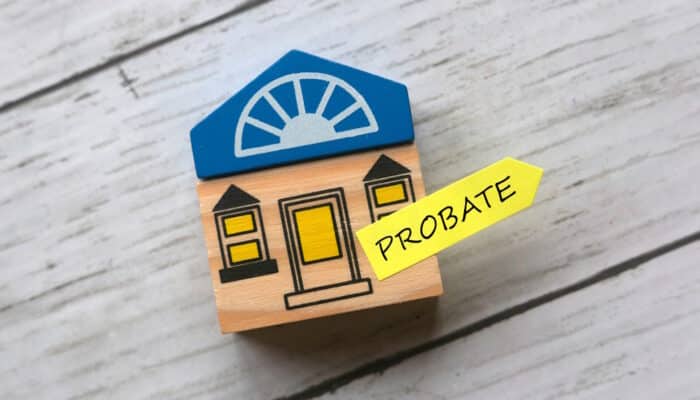Avoiding probate in Florida can be a complex endeavor, but it does not always require the use of a revocable living trust. There are alternative methods that can achieve similar results, and one such method is the “Enhanced Life Estate Deed,” also known as the Ladybird Deed.
It is a common misconception that assets placed in a revocable living trust are completely protected from creditors’ claims. In reality, most jurisdictions, including Florida, allow creditors of a decedent’s estate to reach assets held in a revocable living trust. This can come as a shock to many Florida residents who believe that a revocable living trust provides ironclad protection. A person’s transfer of his/her homestead or primary residence into a revocable living trust may turn it into a counted assets for purposes of applying for Medicaid as well as possibly jeopardizing or limiting the homestead tax exemption and other homestead protections.
Despite this limitation, there are still significant benefits to using a revocable living trust as part of an estate plan. One of the primary advantages is the ability to set specific instructions for the distribution of assets upon death. This can include setting ages for beneficiaries to inherit, providing for the care of family members with disabilities, and ensuring that assets are distributed in an orderly manner.
Additionally, a revocable living trust can help avoid the probate process, which can be time-consuming and expensive. By placing assets in a trust, they can pass directly to beneficiaries without the need for court involvement. This can provide greater privacy and efficiency in the distribution of assets after death.
However, for those looking to avoid probate without the use of a revocable living trust, an Enhanced Life Estate Deed, also known as a Ladybird Deed, can be an effective and potentially simpler and cheaper alternative. This type of deed allows the property owner to retain control and flexibility over the property during their lifetime while ensuring that it passes directly to named beneficiaries upon their death.
With an Enhanced Life Estate Deed, the property owner retains an “enhanced” life estate, allowing them to maintain control and make decisions about the property during their lifetime. Meanwhile, the beneficiaries are named to receive the remainder interest in the property upon the owner’s death and not before! This arrangement effectively avoids probate because the property passes directly to the beneficiaries, known as Remaindermen, outside of the probate process.
One of the key benefits of using an Enhanced Life Estate Deed is that the property owner retains control and flexibility over the property. They can sell, convey, lease, or mortgage the property as they see fit without needing the consent of the beneficiaries. This level of control sets it apart from traditional life estate deeds, where the owner relinquishes control over the remainder interest.
Another advantage is that the property passes free and clear of the decedent’s creditors’ claims, provided it is given to surviving lineal descendants. This protection can be crucial for safeguarding the property from potential creditor issues that may arise after the owner’s death.
However, it is essential to proceed with caution when creating an Enhanced Life Estate Deed or Lady Bird Deed. Using the wrong language or making mistakes in the deed could lead to unintended consequences. Therefore, seeking the guidance of an experienced attorney who understands these legal nuances is highly recommended.
In addition to using Enhanced Life Estate Deeds for real estate, there are other methods for avoiding probate, such as properly titling bank accounts and investment accounts. Transfer on Death (TOD) or Paid on Death (POD) designations or In Trust for (ITF), or generally, designation of beneficiaries, allow account holders to name beneficiaries who will inherit the assets directly upon their death, bypassing the probate process.
While it may be tempting to handle these matters without legal assistance, it is crucial to recognize the complexities involved and the potential risks of do-it-yourself (DIY) estate planning. Consulting with a knowledgeable attorney can ensure that one’s estate plan is properly structured to achieve their goals and protect their assets for future generations.
Ultimately, whether to use a revocable living trust or an Enhanced Life Estate Deed (Lady Bird Deed) depends on the individual’s specific goals and circumstances. Consulting with an experienced estate planning attorney can help ensure that the chosen strategy aligns with their needs and objectives while providing the necessary protection for themselves and their loved ones.
The foregoing is a brief and general overview of the topic. If you have any additional questions regarding the foregoing or have any legal issue or concern, please contact the law firm of CASERTA & SPIRITI in Miami Lakes, Florida.

